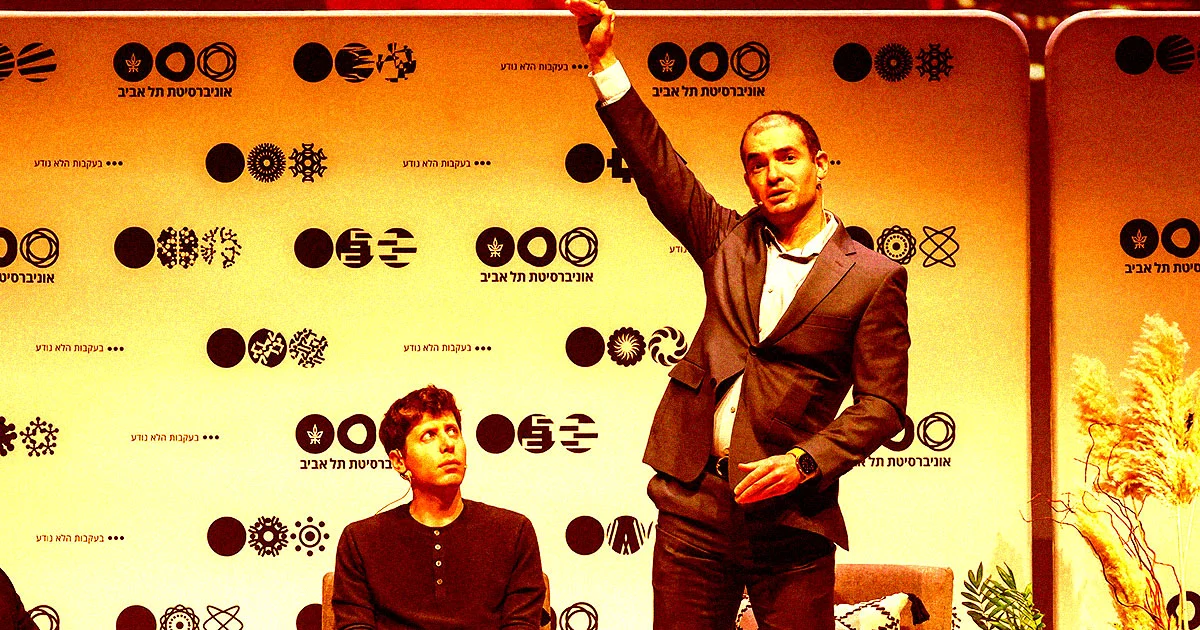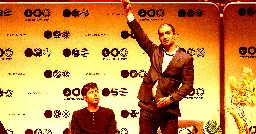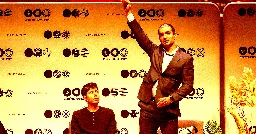OpenAI Employees Say Firm's Chief Scientist Has Been Making Strange Spiritual Claims
OpenAI Employees Say Firm's Chief Scientist Has Been Making Strange Spiritual Claims

futurism.com
OpenAI Employees Say Firm's Chief Scientist Has Been Making Strange Spiritual Claims

OpenAI chief scientist and board member Ilya Sutskever reportedly likes to burn effigies and lead ritualistic chants at the company.


